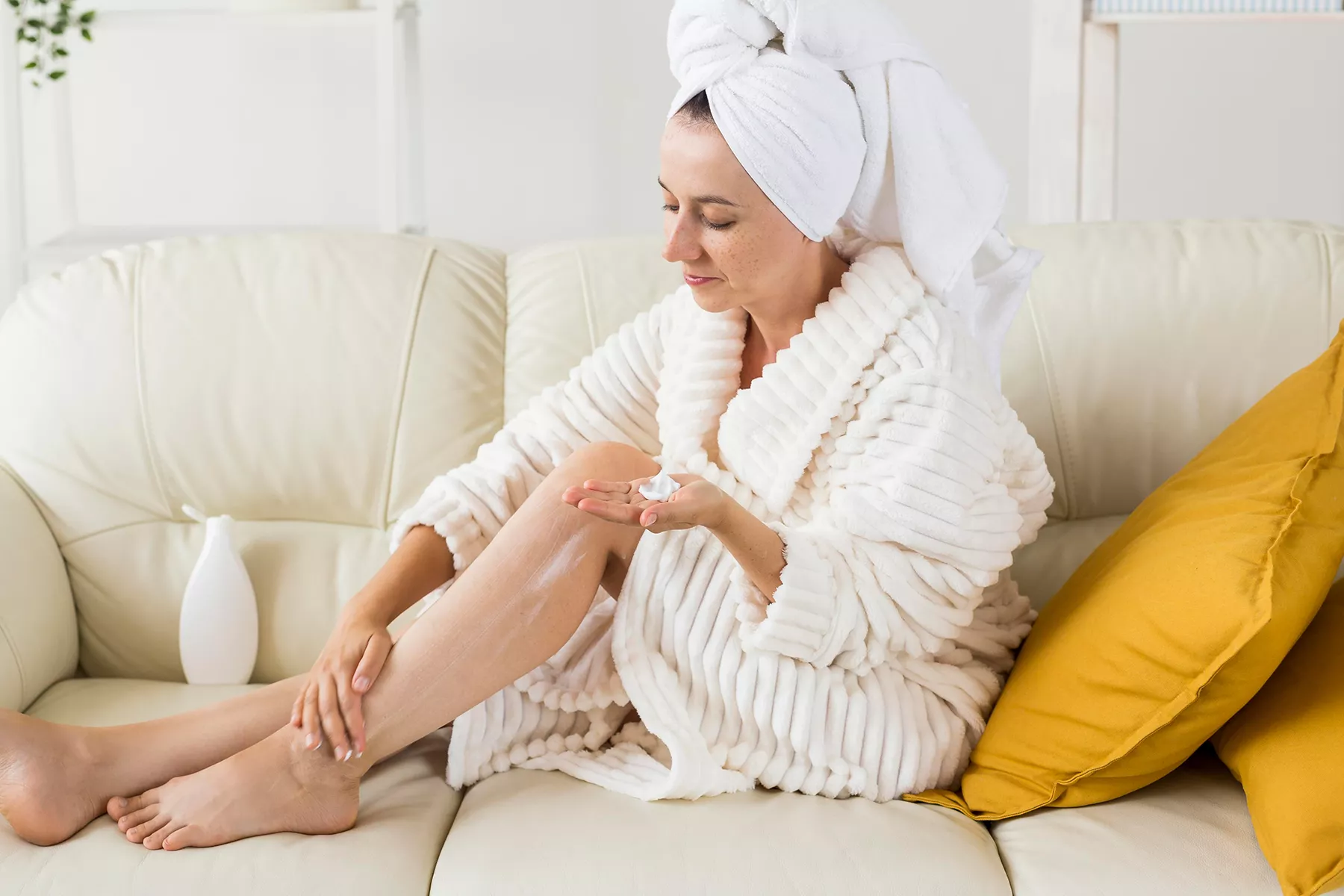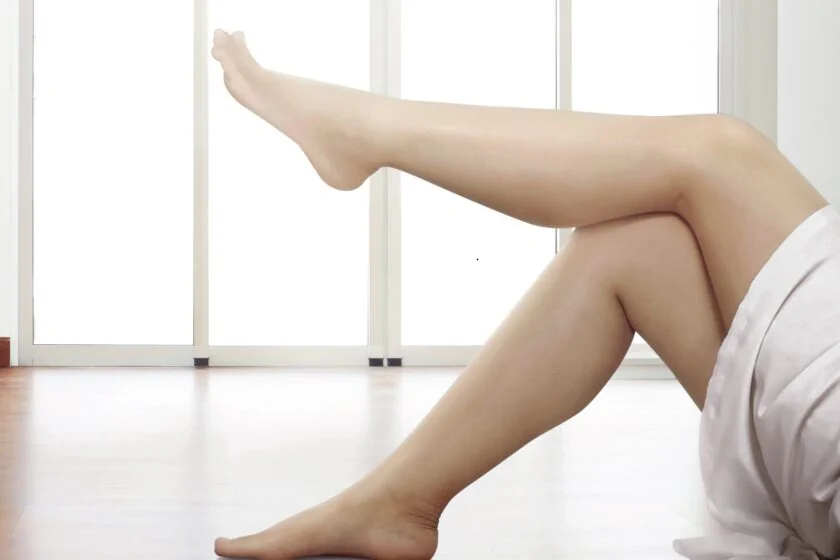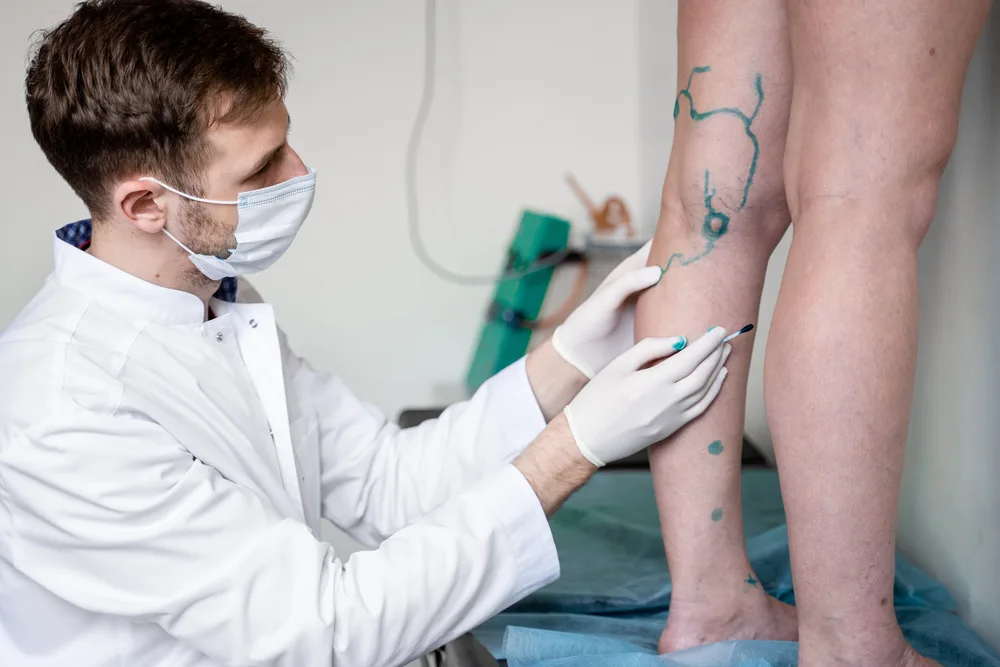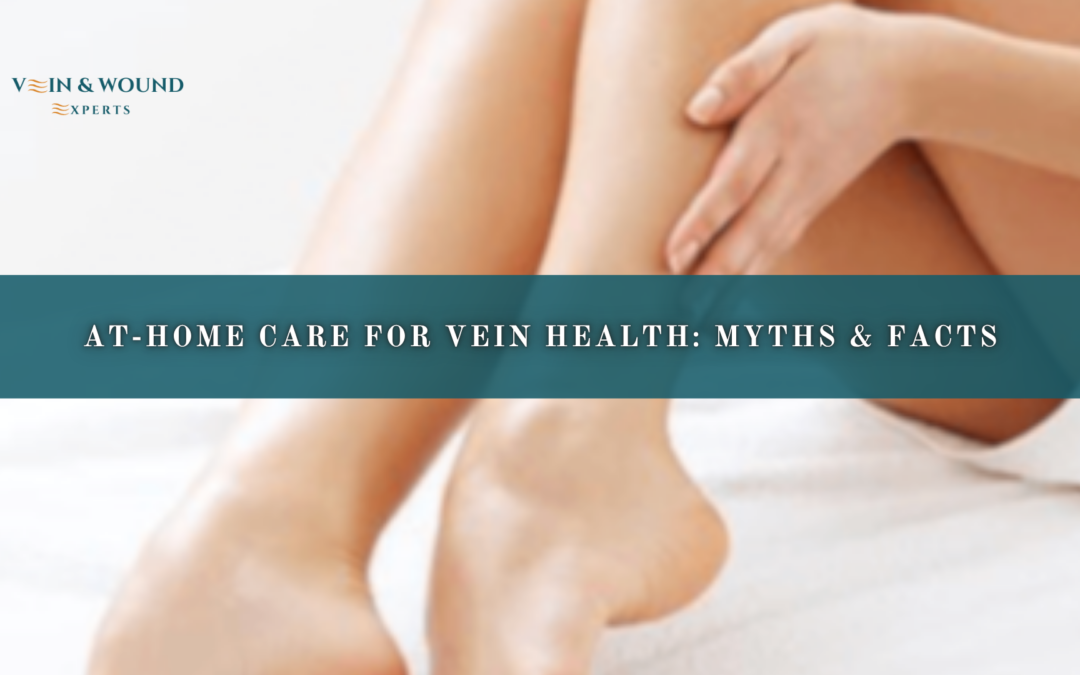Can You Really Improve Vein Health at Home? 🏡🩺

When it comes to managing vein health, especially conditions like varicose veins or spider veins, many people turn to home remedies in an attempt to alleviate symptoms or prevent further complications. But are these DIY methods really effective?
The Basics of Vein Health 🩺
Vein health plays a crucial role in overall well-being, and maintaining healthy veins is important for proper circulation. Varicose and spider veins are common conditions that affect millions of people, and while they may not always pose serious health risks, they can be uncomfortable and unsightly.
A variety of varicose vein solutions are available, ranging from lifestyle changes to medical treatments. Many people are eager to try home remedies as a first step, but it’s important to understand which methods are safe and effective and which ones may not deliver results.
Popular Home Remedies for Vein Health 🏠

Many at-home solutions are marketed as being effective for improving vein health, but not all of them have solid scientific backing. Let’s take a look at some of the most common home remedies for vein health.
1. Lifting your legs: The Right Position Matters 🦵
One of the most widely recommended home remedies is elevating the legs. The idea is to reduce the pressure on your veins by propping your legs up above your heart. This can help improve blood flow and reduce swelling. While this remedy has some merit, it’s most effective when combined with other treatments like compression stockings or professional medical care.
2. Compression Stockings: A Tried and True Solution 🧦
Compression stockings are commonly used to treat bloated veins and spider veins. These stockings apply gentle pressure to your legs, helping veins return blood to the heart more efficiently. They’re often recommended by vein doctors and are a standard home care solution. While they’re not a cure, they can be quite effective at reducing symptoms like swelling and discomfort.
3. Herbal Remedies and Supplements 🌿
Herbal treatments, such as horse chestnut, ginkgo biloba, and butcher’s broom, are often promoted as natural remedies for vein health. Some studies suggest these herbs may have anti-inflammatory properties and can help reduce swelling and discomfort. However, it’s important to consult with a vein doctor before starting any herbal supplement to ensure it’s safe and appropriate for your condition.
4. Exercise and Weight Management 🏃♀️
Regular physical activity, especially low-impact exercises like walking or swimming, can promote healthy circulation and strengthen the muscles that support veins. Maintaining a healthy weight is also critical, as excess weight can exacerbate vein issues. While exercise isn’t a cure for varicose veins, it is an essential component of an overall strategy for managing vein health.
What Doesn’t Work: Myths About Home Remedies 🙅♂️
There are many myths surrounding the treatment of spider veins and bulging veins at home. While some of these treatments may offer temporary relief, they’re unlikely to provide long-term solutions. Let’s explore a few myths:
1. Vinegar and Apple Cider Vinegar Treatments
One common home remedy for varicose veins is applying vinegar directly to the skin. The belief is that vinegar can reduce swelling and inflammation. However, there is no substantial clinical evidence to support this claim, and it is not considered an effective treatment for improving vein health.
2. Essential Oils for Vein Health 💧
Essential oils like lavender or peppermint are often promoted as natural treatments for varicose veins, claiming they can stimulate blood flow and reduce pain. While these oils may provide temporary relief or relaxation, they are not effective treatments for the underlying condition. Always seek medical advice before relying on essential oils for vein health.
3. Massage as a Sole Treatment 💆♀️
While massage can feel soothing, it should not be considered a primary treatment for dilated veins. While gentle massage may relieve some discomfort temporarily, it won’t address the root cause of vein issues, such as poor circulation or vein valve dysfunction. A phlebologist will help determine the best course of action, which may include medical procedures like sclerotherapy or laser treatment.
When to See a Vascular Specialist 🩺

While home remedies can play a role in managing vein health, they should not replace professional medical care. If you’re experiencing symptoms like severe pain, swelling, or the appearance of large, bulging veins, it’s important to seek advice from a phlebologist. They will evaluate your condition and discuss the best varicose vein solutions for you.
In some cases, medical treatments like laser surgery for varicose veins treatment or sclerotherapy may be required to effectively manage and treat engorged veins. These procedures can provide long-term relief and improve the appearance and function of affected veins.
The Role of Medical Treatments in Vein Health 💉
While home care can provide temporary relief, medical treatments are often necessary for long-term vein health. Options like laser surgery for varicose veins treatment target the problem at its source by closing off problematic veins, improving circulation, and preventing further damage.
There are several other treatments for spider veins and enlarged veins, including:
-
Sclerotherapy: This involves injecting a solution directly into the vein, causing it to collapse and eventually be reabsorbed by the body.
-
Endovenous Laser Therapy (EVLT): A minimally invasive treatment that uses laser energy to close off damaged veins.
-
Ambulatory Phlebectomy: A surgical procedure to remove large varicose veins.
Each treatment has its own benefits, and your vascular surgeon will discuss the best options for your specific needs.
Safe and Effective Home Care Tips 🏡
For those looking to manage vein health at home, here are some safe and effective practices that can support your overall well-being:
-
Raise your legs for 15–20 minutes several times a day to reduce pressure on your veins.
-
Exercise regularly to maintain healthy blood circulation.
-
Wear compression stockings to prevent swelling and improve circulation.
-
Avoid prolonged sitting or standing, which can worsen vein issues.
-
Eat a balanced diet rich in fiber, antioxidants, and vitamins to support vascular health.
Home Care for Veins 🩺
Managing vein health at home is possible with the right approach. While swollen vein solutions and treatments for spider veins are best left to medical professionals, many lifestyle changes and safe home remedies can help reduce discomfort and promote better circulation. If you’re unsure which home remedies are appropriate for you, consult a vein care expert who can guide you toward the best course of action for managing your vein health.
Andy Scarifi
Position
